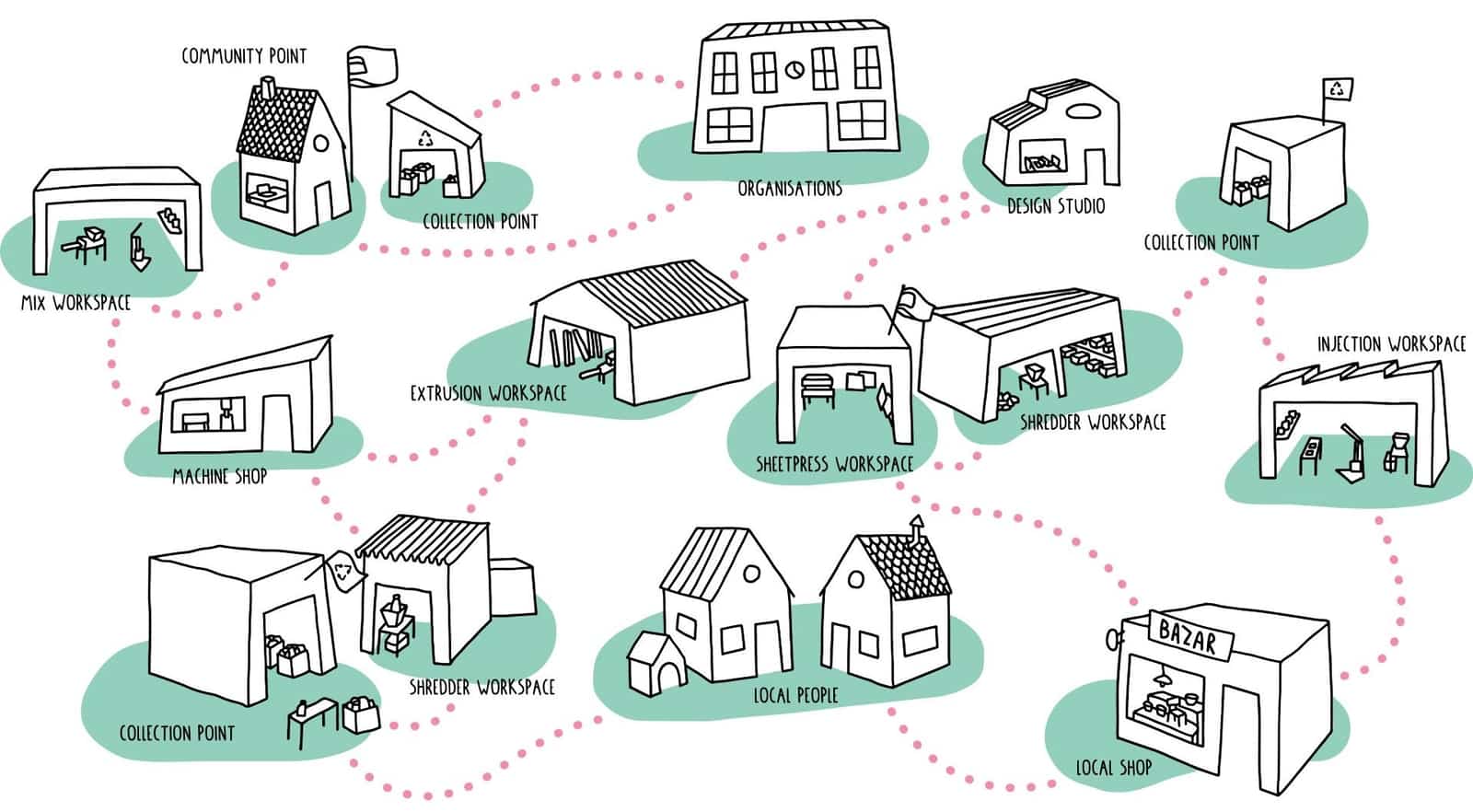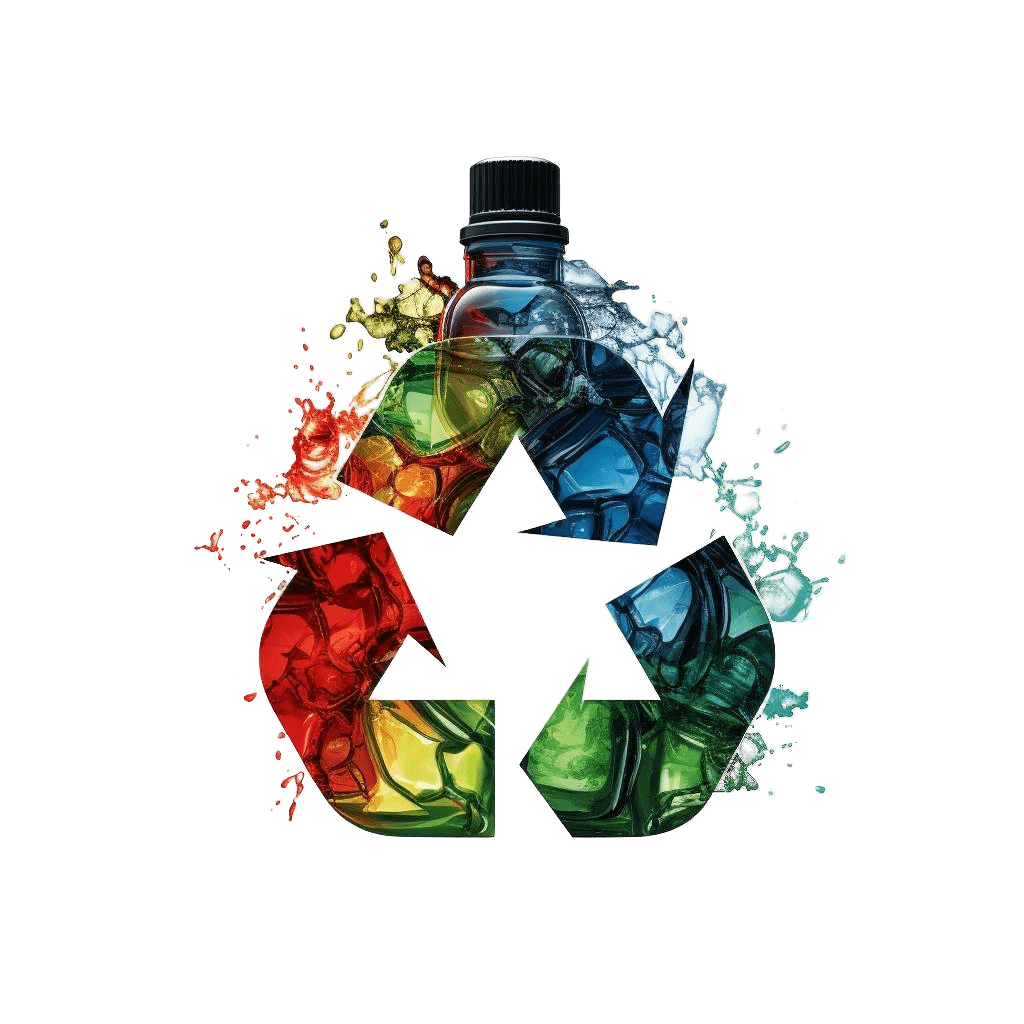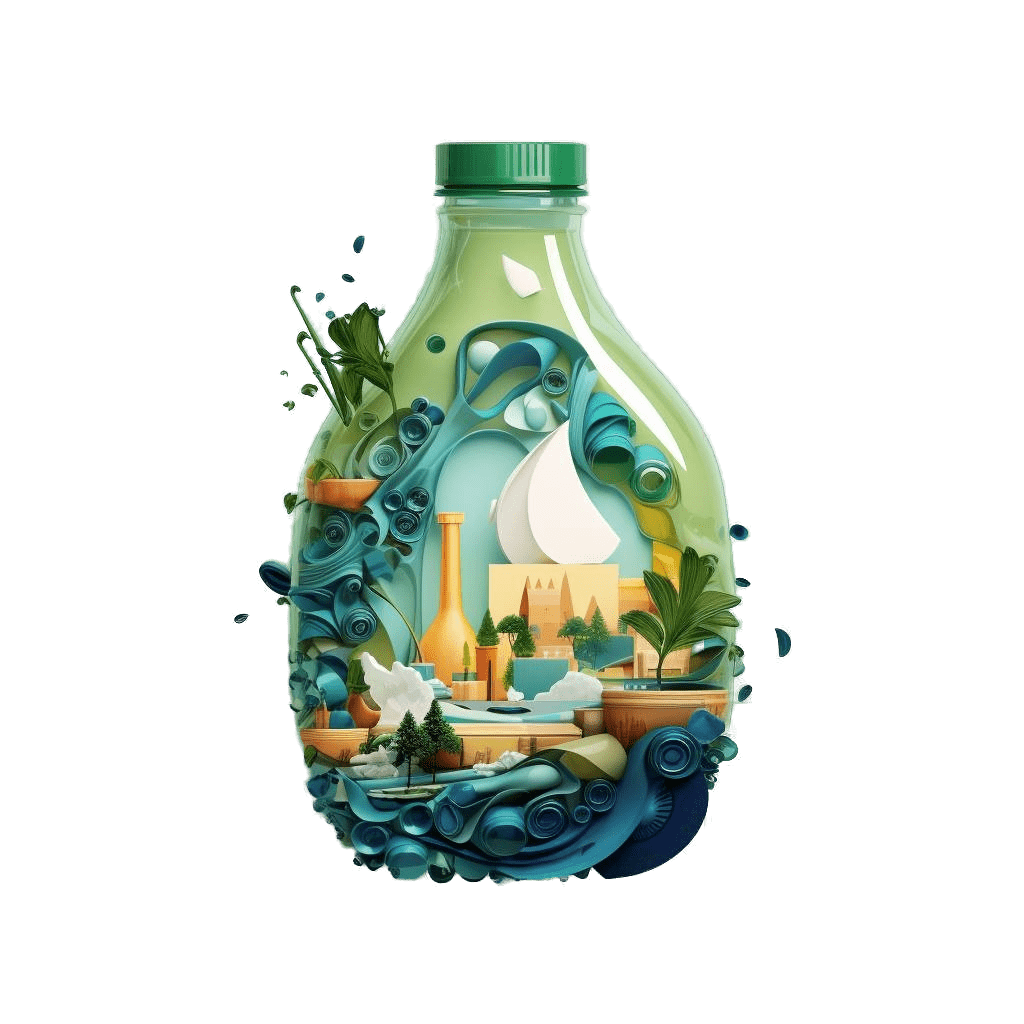Plastic pollution has become one of the most pressing environmental problems on our planet, as the rapidly increasing production of single-use plastic products overwhelms the world’s ability to deal with them.
Some key facts:
– Half of all plastics ever manufactured have been made in the last 15 years.
– Production increased exponentially, from 2.3 million tons in 1950 to 448 million tons by 2015. By 2050, around 12 billion metric tons of plastic could wind up in landfills or the natural world.
– Plastics often contain additives making them stronger, more flexible, and durable. But many of these additives can extend the life of products if they become litter, with some estimates ranging to at least 400 years to break down.
– Each year, at least 8 million metric tons of plastic enter the ocean, which is the same as dumping a full garbage truck into the water every minute. That’s the equivalent of setting five garbage bags full of trash on every foot of coastline around the world.
– According to UNESCO, plastic waste accounts for the deaths of more than a million seabirds every year, along with over 100,000 marine mammals. By 2050, there could be more plastic in the ocean than fish.
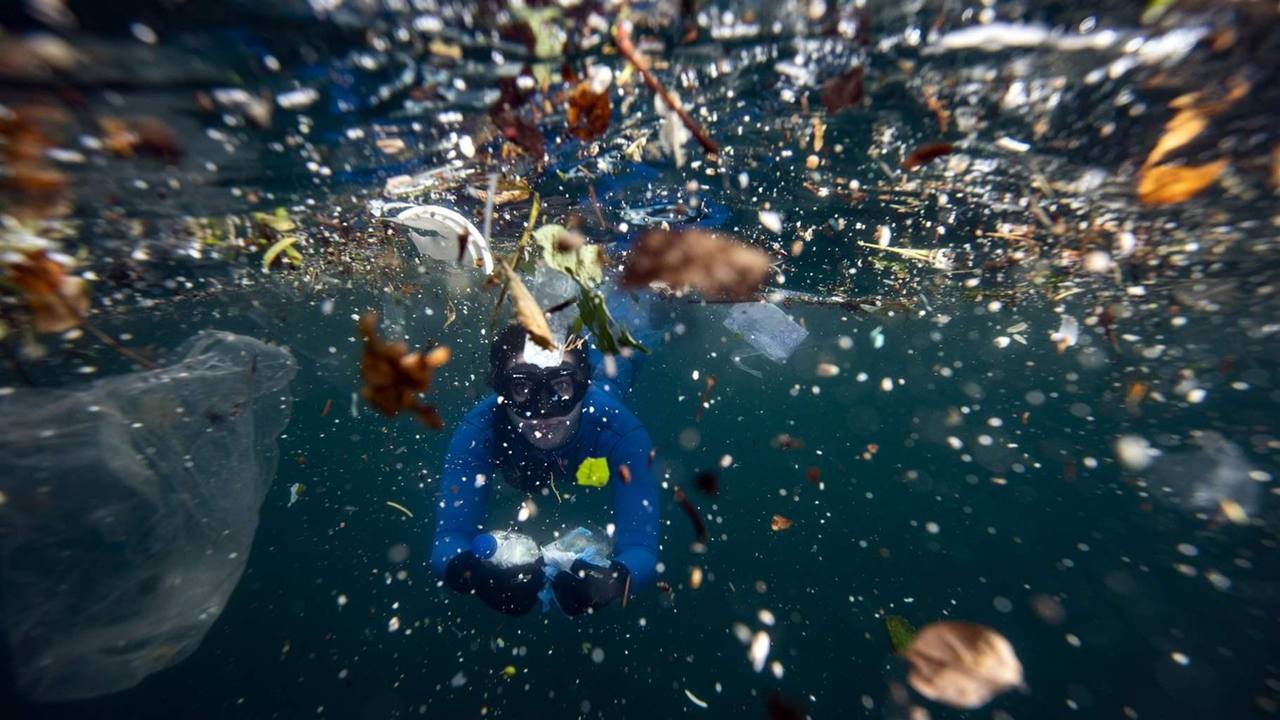
Once in the sea, sunlight, wind and waves break plastic waste into small particles, often less than a fifth of an inch across. These so-called microplastics spread throughout the water column and have been found in every corner of the globe, from Everest, the highest peak, to the Mariana Trench, the deepest trench. Microplastics are increasingly breaking down into smaller and smaller pieces. Meanwhile, plastic microfibers have been found in municipal drinking water systems and are spreading through the air.
Every year, millions of animals die because of plastic, from birds to fish and other marine organisms. Around 700 species, including some endangered ones, are known to be affected by plastic. Almost all species of seabirds feed on plastic.
Once in the ocean, it is difficult to collect plastic waste. But once plastic breaks down into microplastics and ends up in the open ocean, it is nearly impossible to recover.
Breaking the Plastic Wave
By focusing on solving the plastic waste problem, we take a responsible approach by bringing businesses and communities together. The plastic, which recyclers call trash, is transformed by FEHU LAND. We encourage programs to recycle waste and integrate it into new value chains.
Today only 9% of plastic waste is recycled (15% is collected for recycling but 40% of that is disposed of as residues). Another 19% is incinerated, 50% ends up in landfill and 22% evades waste management systems and goes into uncontrolled dumpsites, is burned in open pits or ends up in terrestrial or aquatic environments, especially in poorer countries.
But together we can change it!
FEHU LAND gather plastic waste from people and businesses, and run a recycling workspace where they transforms plastic waste into new products.
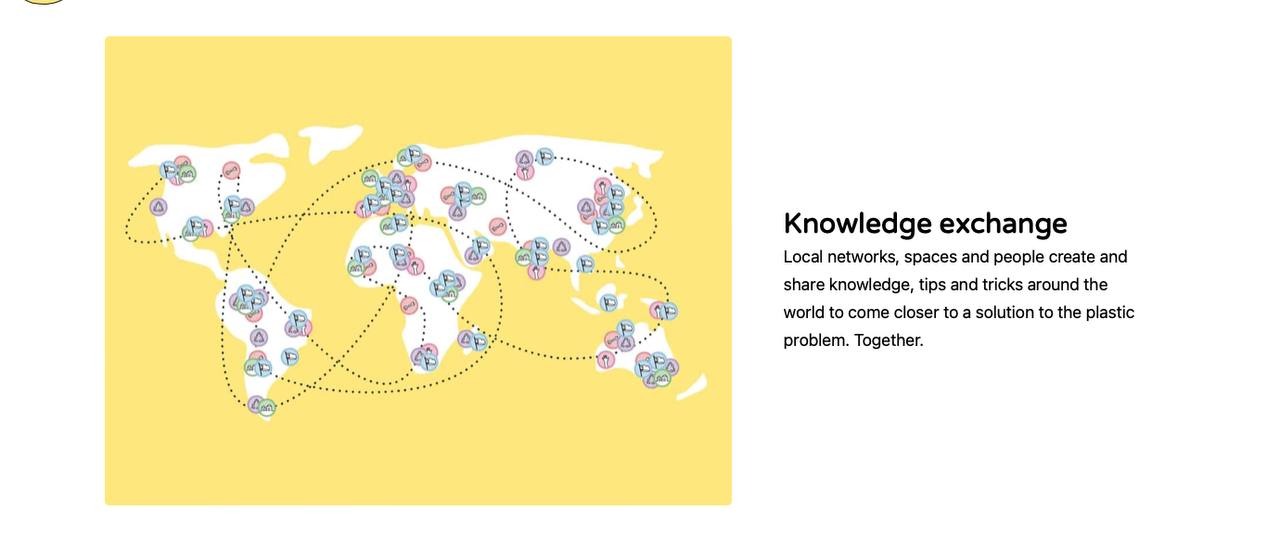
Precious plastic spaces
People, groups and organisations create recycling spaces to power the Precious Plastic Universe. Spaces are connected and dependant on each other, collaborating to tackle the plastic problem. Discover the different spaces below
- A Precious Plastic workspace is where plastic gets transformed from waste into valuable raw materials or products. There are five different workspaces: Shredder, Extrusion, Sheetpress, Injection and Mix.
- Collection Points gather plastic from neighbours, organisations and businesses to be processed by local Shredder Workspaces.
- Community Points connect and grow the local recycling network. Strengthening the existing community while involving in more and more people.
- Machine Shops produce and build parts, machines and moulds for others in the local recycling network.
- Precious Plastic members are the ones who fuel the recycling network by helping with plastic collection, spreading the word, purchasing recycled plastic products and supporting in other ways.
Local Networks
Precious Plastic spaces working together create a local network which offers an alternative recycling system to people.
Local networks can grow as big as needed but should always try to keep distance to a minimum. This helps reduce shipping and pollution as well as maintaining a personal connection with plastic.
